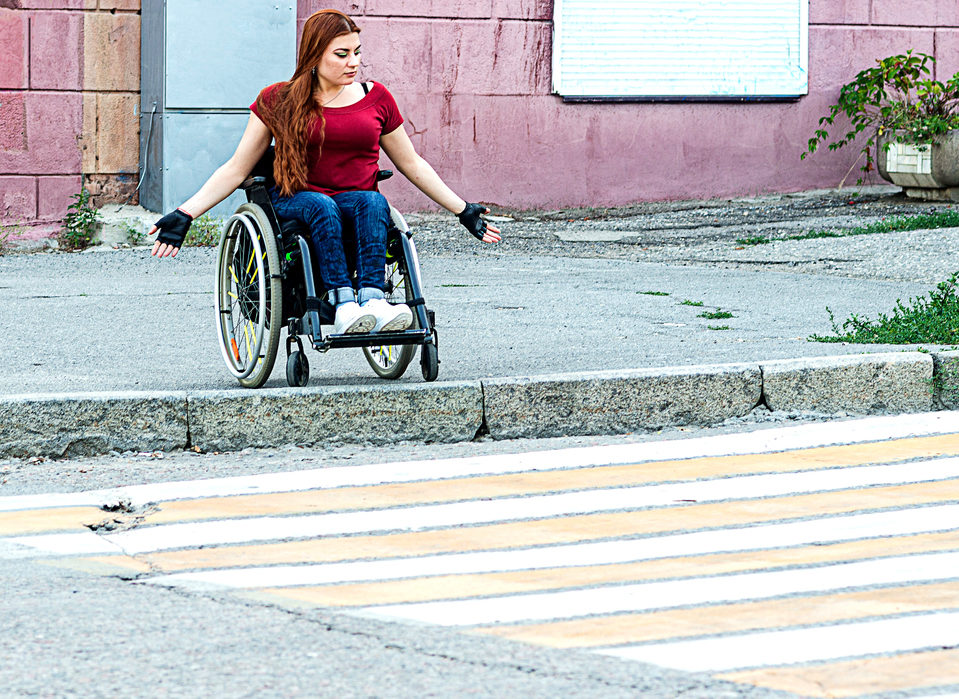Making Philadelphia streets more accessible to all
By Jay Nachman
When his daughter, Rosie, was a baby, Liam Dougherty, 33, would hold her safely on his lap while he went about his day using his wheelchair. However, there were other times when traveling alone that he would fall out of his wheelchair at street corners because there were no curb ramps – a cutout between the road and the sidewalk that makes it
easier and safer for pedestrians to travel.
That was among the reasons why Dougherty agreed to be one of the plaintiffs in the lawsuit Liberty Resources, Inc., et al. v. City of Philadelphia, which sought to make the City’s non-conforming sidewalks compliant with the Americans with Disabilities Act (ADA).
Under a settlement reached that was announced in October, the City will install or remediate at least 10,000 curb ramps over the next 15 years with 2,000-ramp milestones every three fiscal years. In addition to the City’s obligations under the ADA to install, remediate and maintain curb ramps, the City will also perform such work on curb ramps annually in response to requests from Philadelphia residents through the City’s 311 system.
“The biggest priority for me was ensuring that I would be able to traverse the city, safely, with my daughter on my lap,” said Dougherty, who lives in Fairmount.
Dougherty has built a career in disability access. He currently serves as an access and functional needs coordinator for the City, to ensure that public health services are accessible for all residents. He previously worked at Liberty Resources, the lead plaintiff in the case, where he was a policy and project coordinator.
“It’s important to me that there is as much equity as possible for the residents of our city,” Dougherty said. “It’s always been a priority to me, speaking widely, to ensure that things are built with disability in mind,” he said. “The wheel is an old invention, but it is only recently that cities are being built with the wheel in mind.”
Access can provide helpful outcomes to the entire community. “We like to say in the disability community that the access wins we make are really wide-reaching,” Dougherty said. “People pushing strollers, medical equipment and luggage, or older adults with grocery carts — everyone wins with a lot of the access victories. And, not just in terms of specific victories, but with the feeling of inclusion and broadening the consideration of who is able to use things.”
Dougherty said a big part of the lawsuit victory is that it allows for all people to use the city equitably and not be segmented. In addition, he said, the lawsuit settlement gives power of oversight and lets residents know “that the City has your back.”
The more that society thinks of disability as an afterthought, the more alienating disability can be. “If infrastructure is built with disability in mind and interwoven into the way that things work, that’s important to me and to everyone who wants to live in an inclusive space,” Dougherty said.
In July, Dougherty and his wife will have another child. Thanks to the lawsuit, he’ll be able to travel more freely and safely on the sidewalks and streets throughout Philadelphia.
To request an ADA curb ramp be installed or repaired, contact the City of Philadelphia by calling 311 or visiting Phila.gov (type “curb ramp” in the search).
Jay Nachman is a freelance writer in Philadelphia who tells stories for a variety of clients.




